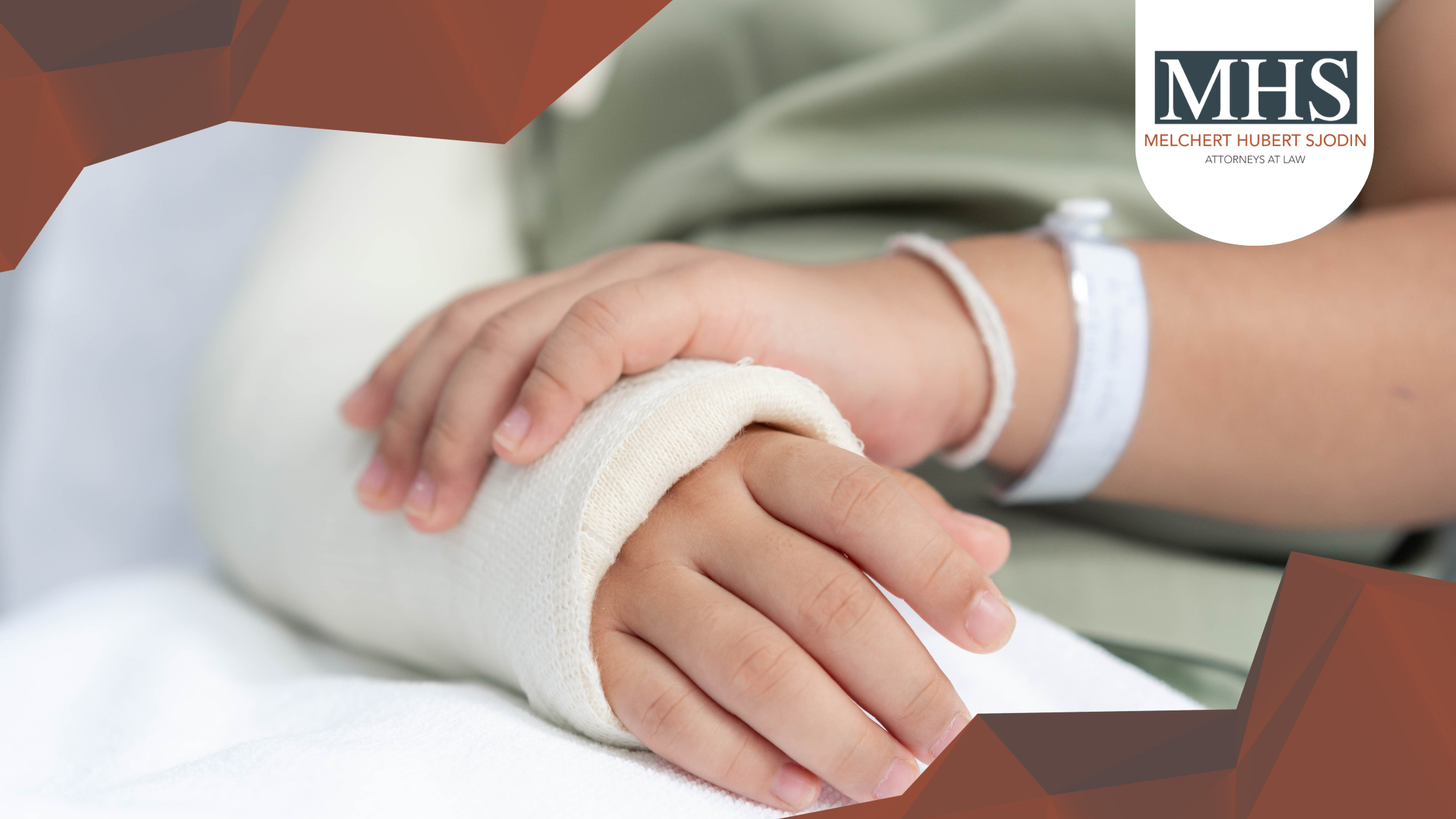When your kid gets hurt, the instinct is to get them to safety by rushing them to the doctor, hospital, or back home. After that comes the paperwork, the calls, and dealing with insurance. What you don’t get is a pause button. The process starts whether you’re ready or not.
Here’s what Minnesota law says, and how the process unfolds.
Who Can Bring a Lawsuit
Children (minors under the age of 18) can’t file lawsuits in Minnesota. That responsibility falls to a parent or legal guardian. The adult brings the claim on behalf of the child and participates in the legal process as their representative.
This includes signing legal documents, making decisions about settlement, and appearing in court when needed.
Deadlines to File
Most personal injury suits in Minnesota must be filed within six years. However, when the injured person is under 18, the clock works differently.
In those cases, you get either six years from the date of injury or until one year after the child turns 18—whichever gives you more time. So if your child is hurt at 12, you likely have until they’re 19.
That said, waiting is never the way to go. Witnesses forget, and paper trails disappear, so taking action and speaking with an attorney sooner makes a difference.
If It Happened During a Car Accident
Minnesota’s no-fault rules mean your own car insurance pays first. Minimum coverage is up to $20,000 for medical expenses and $20,000 for wage loss, replacement services, and other damages
In addition to no-fault insurance claims, you may have a liability claim against the at-fault party. However, you’ll need proof they were negligent. That’s where documentation matters.
How Settlements for Minors Work
If a settlement is reached, it must be approved by a judge. Before signing off, courts review terms to make sure they serve the child’s interests.
After that, the money goes into a secure account. Often it’s an annuity or blocked account that holds funds until the child turns 18. Early disbursement is possible, but only if it clearly benefits the child by paying for medical needs, education, etc.
Structured payouts can also help avoid unintended consequences, like affecting future college financial aid eligibility.
Why Legal Help Early Makes a Difference
Early legal help locks in evidence while it’s fresh and ensures deadlines are met, especially important with insurance forms, which don’t wait.
Attorneys also manage court hearings and account arrangements, so parents don’t have to learn these rules overnight. Melchert Hubert Sjodin, PLLP, helps parents act fast and make sound decisions after a child injury. Call (952) 442-7700 to get started.

